When it comes to myths and lies surrounding a sport, nothing can come close to dragon boating. With so many self-professed experts and enthusiastic amateurs out there, some of the most widely accepted facts, tips and techniques are downright lies. Wise up and make sure you don’t fall for these seven lies that most dragon boaters believe.
An expensive paddle will make me a better paddler
Year after year the big manufacturers come out with extremely expensive paddles packed with ‘all new technology’ that they claim will make you paddle faster than ever before. Sadly this isn’t always true. Whilst bargain-brand paddles should be avoided, there is no evidence to show that top of the line paddles are any better than mid-range ones. Instead of simply buying the most expensive paddle you see, head to a specialist store where you’ll be able to get an expert’s honest opinion on the right paddle for your body and paddling style.
I need to stretch before every paddle
If there’s one thing every amateur paddler is sure of, it’s that you should do some stretches before you paddle, right? Wrong. Far from warming you up for your paddle and loosening up your muscles, stretching pre-paddle can actually increase injury risk and reduce paddling efficiency. According to research carried out at Florida State University, stretching cold muscles before a run reduces efficiency by about five per cent when compared with a light cardiovascular warm up. The main aim of a warm up is to get oxygen flowing to your muscles, which you can do with some brisk walking or very light jogging.
I’m too old to be a dragon boater
Think you’re too old to take up dragon boating? Fauja Singh would like a word with you. At the age of 100 Fauja became the world’s oldest marathon runner when he finished the 2011 Toronto Waterfront Marathon with a time of 8:11:06. It’s not as if he had been running all his life either – Fauja only started seriously training for the sport when he was 89 following the death of his son. Although paddling does get harder with age, that’s not to say you can’t still do it successfully. If you are an older paddler try using a 80%-100% tactic to give yourself some recovery periods mid-session.
If I’m careful I’ll never get injured
Whilst warming up correctly, wearing the right gear and avoiding overtraining are all great ways to boost your chances, there is no sure-fire way to avoid paddling injuries no matter what anyone tells you. Many paddlers will suffer some form of injury during their training. The most common area for these injuries is the rotor cuff, shoulder, lower back, hip, knee elbow. A lot of injuries are caused from poor technique so get feedback from your coach often. If you do get injured there’s no need to beat yourself up about it. Simply rest, recover, and get back to training when you’re ready.
Paddling is the only exercise I need
Some say that paddling is some sort of exclusive miracle exercise. There’s no doubting that paddling is great for you and great for your team’s timing and cohesiveness, but if it’s all you’re doing then you’re not getting the full benefits. Adding other exercises into your routine will offer up a whole host of body-boosts, including muscle balancing, injury prevention, and cardiovascular development.
I don’t have time to paddle today
When you hear about people doing 2 hour training runs you could be forgiven for thinking that dragon boating is a sport that you simply don’t have time for. There’s no denying that long training runs are beneficial, but they certainly aren’t the be all and end all of dragon boating. By focusing on the quality of your training, there are plenty of great sessions you can do in under an hour, or even on your lunch break at work. For example, try a 45 minute interval session with an easy 10 minute warm up followed by blocks of five minutes of hard running with three minutes light jogging as a recovery. If you can get into a dragon boat, replace hard running and light jogging with the paddling equivalent.
I should carb-load before every race
If you’re sitting down to a mountain of pasta the night before a Regatta, the only thing it’s going to do is make you feel bloated and lethargic when you’re trying to paddle. Carb-loading should only be reserved for half marathon races and above, otherwise you’ll see more drawbacks than benefits. Most Dragon Boat races are sprints. That means, carb-loading not required.


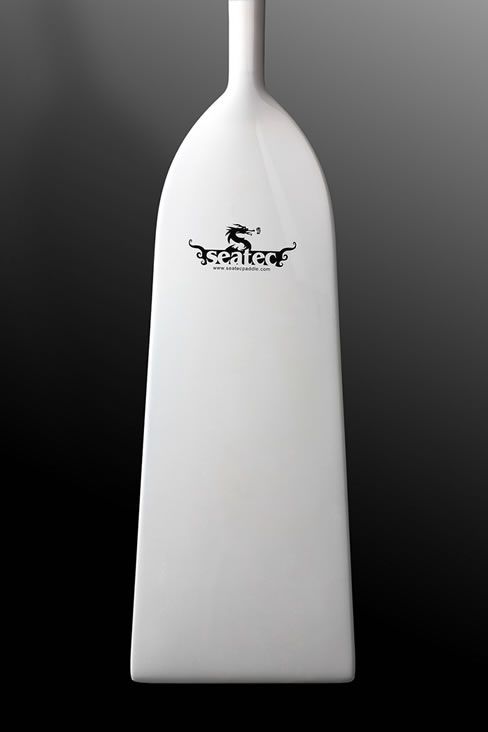
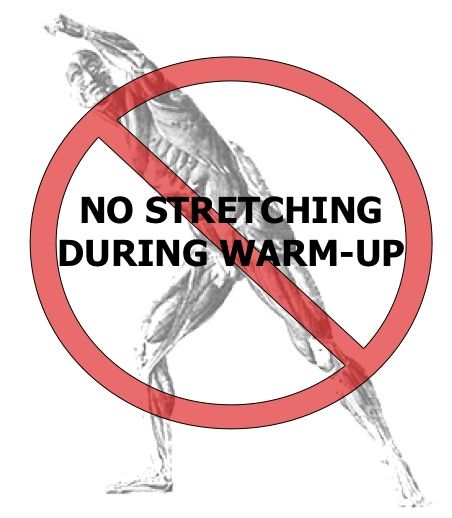
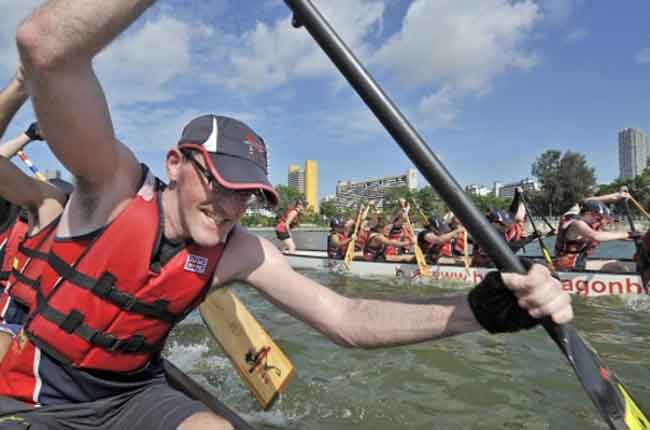

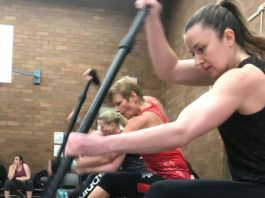
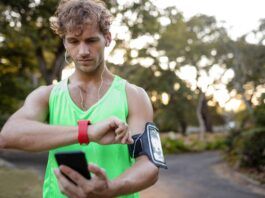
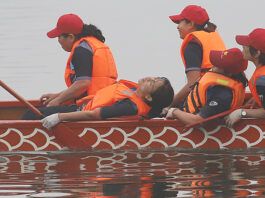


Good one!
Good information
Dragonboat of Connecticut